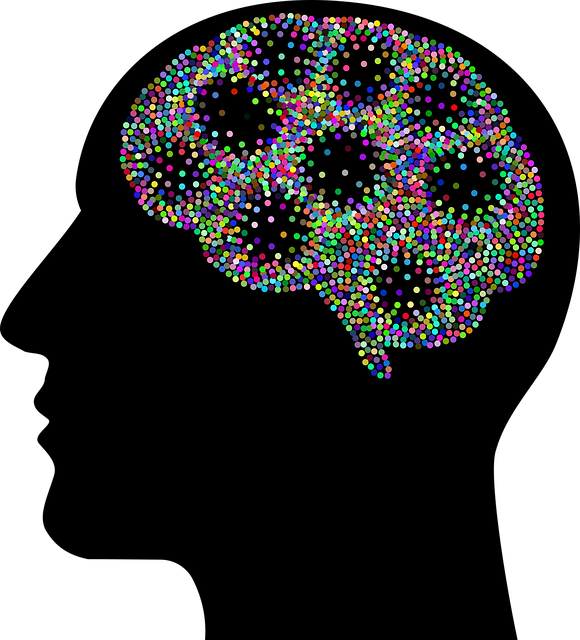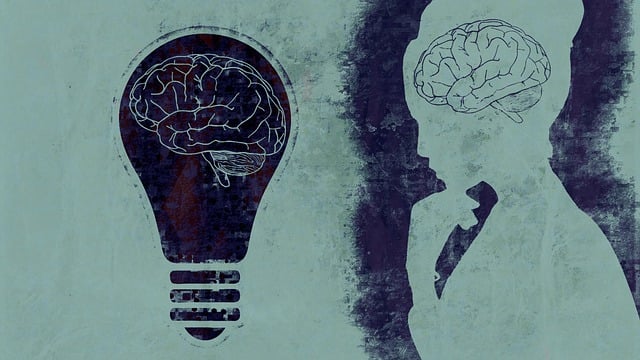Englewood Conduct Disorder Therapy (ECDT) provides vital crisis intervention services for individuals with conduct disorders, focusing on immediate support and long-term resilience. Key strategies include self-awareness exercises, communication techniques, and coping skills development. Early detection of risk factors like trauma and parental mental health issues is crucial, leading to preventive measures such as trauma support and emotional well-being promotion. ECDT employs evidence-based methods like cognitive-behavioral therapy (CBT) to modify problem behaviors and teach self-care practices. Its holistic approach, including de-escalation techniques and stigma reduction, effectively manages crises and fosters positive outcomes in supportive environments.
In times of crisis, effective intervention strategies are vital to support individuals struggling with conduct disorders. This article guides readers through a comprehensive approach to managing such situations, focusing on Englewood Conduct Disorder Therapy as an evidence-based practice. We explore key aspects like identifying red flags and risk factors, providing an overview of successful therapeutic techniques, and offering practical tips for crisis management. By understanding these strategies, professionals can offer immediate and long-term support during moments of distress.
- Understanding Crisis Intervention: A Brief Overview
- Identifying Red Flags and Risk Factors for Conduct Disorder
- Evidence-Based Approaches in Englewood Conduct Disorder Therapy
- Implementing Effective Crisis Management Techniques
Understanding Crisis Intervention: A Brief Overview

Crisis intervention is a critical process aimed at providing immediate support and guidance to individuals facing severe emotional distress or crises. It involves a structured yet flexible approach to help people navigate challenging situations, especially those with conduct disorders like Englewood Conduct Disorder Therapy. The primary goal is to ensure safety, alleviate suffering, and foster resilience.
Effective crisis intervention strategies often incorporate techniques such as Self-Awareness Exercises to help individuals recognize triggers and understand their emotions. Communication Strategies play a pivotal role in establishing trust and open dialogue, enabling professionals to offer tailored assistance. Additionally, Coping Skills Development is essential for long-term management, empowering individuals to handle future crises adaptively and constructively.
Identifying Red Flags and Risk Factors for Conduct Disorder

Recognizing red flags is a critical step in identifying individuals at risk of developing conduct disorder, especially in communities like Englewood where access to quality mental health services might be limited. This disorder often manifests during childhood and adolescence, characterized by persistent aggression, rule-breaking behavior, and a disregard for social norms. Early identification is key to preventing escalation and promoting healthier development.
Several risk factors contribute to the likelihood of conduct disorder, including but not limited to history of trauma, parental mental health issues, substance abuse, and exposure to violent environments. For instance, trauma support services can play a pivotal role in addressing underlying emotional distress that might lead to conduct disorders. Emotional well-being promotion techniques targeted at at-risk youth can help build coping mechanisms and foster positive interactions. Moreover, depression prevention strategies are essential as depressive symptoms often co-occur with conduct disorder, exacerbating existing challenges.
Evidence-Based Approaches in Englewood Conduct Disorder Therapy

Englewood Conduct Disorder Therapy (ECDT) leverages evidence-based approaches to address behavioral and emotional challenges in individuals struggling with conduct disorders. These strategies focus on modifying problem behaviors by teaching alternative skills and reinforcing positive alternatives. Cognitive-behavioral therapy (CBT), for instance, helps clients identify and challenge negative thought patterns while promoting more adaptive coping mechanisms. By integrating these techniques into ECDT, therapists facilitate the development of better decision-making skills and emotional regulation, laying a foundation for improved mental wellness.
Furthermore, ECDT emphasizes the importance of self-care practices and emotional well-being promotion techniques. Therapists guide clients in cultivating mindfulness, stress management strategies, and healthy social skills, all of which contribute to enhanced resilience and reduced risk of conduct disorder recurrence. This holistic approach not only targets current behavioral issues but also equips individuals with lifelong tools for maintaining emotional balance and fostering a healthier lifestyle.
Implementing Effective Crisis Management Techniques

Implementing effective crisis management techniques is paramount in addressing acute situations, especially with individuals exhibiting signs of conduct disorders like Englewood Conduct Disorder Therapy. Crisis intervention guidance often emphasizes a structured approach that combines de-escalation strategies, active listening, and appropriate physical distancing to ensure safety for all involved. By integrating conflict resolution techniques tailored to the individual’s needs, professionals can facilitate a more constructive outcome.
Understanding the nuances of mental illness stigma reduction efforts is integral to successful crisis intervention. Stigma can exacerbate distress, hindering open communication. Therefore, creating a supportive environment that encourages empathy and understanding, as seen in Englewood Conduct Disorder Therapy programs, can significantly improve crisis management outcomes. This involves not only employing effective crisis intervention guidance but also fostering a culture of mental health awareness and acceptance.
Crisis intervention plays a pivotal role in managing and mitigating conduct disorders, especially in communities like Englewood. By understanding the red flags and implementing evidence-based approaches, such as those found in Englewood Conduct Disorder Therapy, professionals can effectively navigate crises and promote positive outcomes. Mastering crisis management techniques enables caregivers to prevent escalation and foster healing, ultimately enhancing the well-being of individuals facing these challenges.











